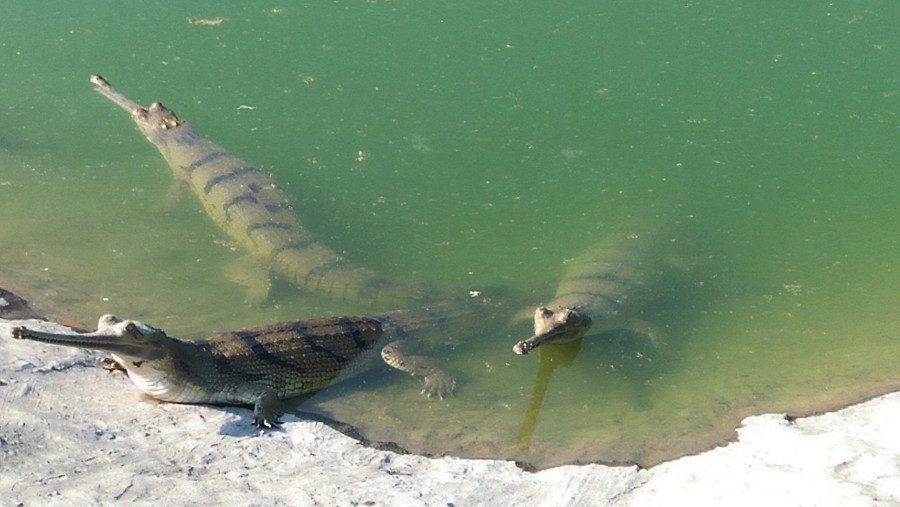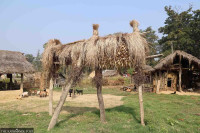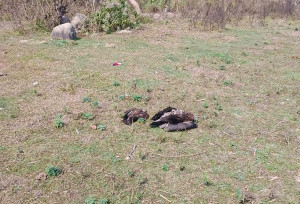Lumbini Province
Banke National Park to release gharials into the Rapti river
Shivakhola, Sikta and Gabhar areas, which fall under the national park, have been identified as major habitats of gharials, perfect for its conservation.
Thakur Singh Tharu
Banke National Park is preparing to release endangered gharials (Gavialis gangetics) into the Rapti river.
Shivakhola, Sikta and Gabhar areas, which fall under the national park area, have been identified as major habitats of gharials. This is the first time the national park has taken initiatives to release gharials into Banke’s Rapti river. Officials said that Gharials will be brought to Rapti from Chitwan.
“There’s enough prey [fish] available in the Shivakhola area. That is why this area has been categorised as the best place for gharial conservation,” said Lalmani Bhandari, assistant chief conservation officer of the park, adding that visitors can catch a glimpse of gharials in the national park area soon.
Park officials said that 55 species of fish are found in various rivers and streams inside the park. “Gharials are at risk due to a shortage of prey in the rivers and streams. But in Banke, that is not a problem,” said Bhandari, adding that this move will boost tourism numbers in the park and also conserve gharials.
Conservationists said that they also have to make locals living near the national park aware about gharial conservation—particularly about keeping water sources clear. Gharials prefer living in the clean water of free-flowing rivers. “If a river or stream is polluted, there are neither fish nor gharials present,” said Bhandari, adding that they have been making efforts to coordinate with the local community to conserve gharials.
Gharial was listed as a critically endangered species in the Red Data Book of the World Conservation Union in 2007. In Nepal, gharials have been enlisted as a protected species.
Nepal began conservation of gharials by establishing a breeding centre in Kasara, of Chitwan, in 1976. Every year, gharials from the breeding centres are released into the Rapti and Narayani, as well as two other rivers in western Nepal—Babai and Karnali. As per the latest census, there are 118 gharials in Rapti and 101 in Narayani.
As per the existing legal provisions in the country, one is sentenced one to 10 years in jail or a fine ranging from Rs 100,000 to Rs 500,000 or both if one is found poaching a gharial.




 9.51°C Kathmandu
9.51°C Kathmandu















